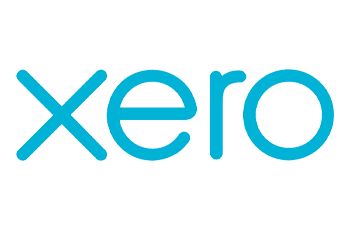As the financial landscape evolves, so do the tax regulations governing taxpayers in South Africa. The 2024 tax season has brought with it significant changes that affect individuals, companies and trusts. When you keep up to date with changes, it makes it much easier to navigate your tax obligations throughout the year.
Let's take a look at some of the most significant Changes:
Individual Income Tax:
The cornerstone of a smooth tax season remains the submission of accurate personal income tax returns. The 2024 individual income tax filing season for non-provisional taxpayers commenced on the 7th of July and is set to close on the 23rd of October 2023.
This year, taxpayers can look forward to an extended deadline for filing amended returns if they disagree with the outcome of their auto-assessment, a significant change from previous years.
Key Changes to Auto Assessment
Previously, taxpayers who received an auto-assessment were granted 40 business days to revise their return and to respond if they needed to amend their assessment. This year SARS has extended this period to align with the regular filing due date for non-provisional taxpayers, set for 23 October 2023.
This extension provides individuals in the auto-assessment category with more time to revise their returns should they choose to make amendments to their assessments.
Payment Due Dates: For non-provisional eFilers:
-
Payment is due 30 days after a notice of assessment has been issued for taxpayers who are not in the auto-assessment category.
-
Payment is due 30 days after the filing season closing date for auto-assessed taxpayers.
New Declarations
- Spouses married in community of property must note that their interest, dividends, rental income and capital gains earned are subject to taxation. Each spouse will be taxed at 50% on these earnings upon assessment.
- Foreign income disclosure has been refined, introducing new fields and appropriate source codes. Specifically for taxpayers declaring income from a foreign employer while working in South Africa and/or abroad.
Company Income Tax Season:
For companies, the 2024 tax season has brought about specific changes to streamline processes and enhance accuracy.
Important Changes
- Updates to the Income Tax Return for Companies (ITR14) and Notice of Assessment for Companies (ITA34C) have been introduced, along with adjustments to core systems and source codes.
- The assessed loss calculations in terms of section 20 have been integrated into core systems. This means that the underlying software systems that handle taxation processes have been updated to handle the intricacies of assessed loss calculations.
- Certain deductions have been identified on the ITR14 to extend the prescription period on disputes. By marking these deductions on the ITR14 form, the time for addressing disputes about them is extended.
Additional Updates
- The Solidarity Fund Donations container on the ITR14 has been removed to align with new Section 18A requirements.
- The Public Benefit Organisations (PBO) numbers declared when claiming donations will be validated against SARS's PBO register.
- A Share Register has been added to the ITR14 to capture classes of shares and details of shareholders per class.
Trust Income Tax Season:
Trusts too have experienced some changes aimed at improving accuracy and efficiency.
Notable Updates
- Extended Filing Deadline: Trusts now have until the 23rd of January 2024 to submit their 2023 tax returns.
- Market Values for Specified Assets: For provisional taxpayers with business interests, trusts are required to declare their assets and liabilities on their tax returns. Trusts falling within this category and possessing assets exceeding R50 million are now obligated to declare specified assets at market values.
- Foreign Income Disclosure: Similar to individual and company taxpayers, trusts are also affected by the introduction of new fields and appropriate source codes related to declaring worldwide foreign income from foreign employers while operating in South Africa and/or abroad.
- Trusts can now utilise the new automated process for requesting Reduced Assessment in terms of section 93 of the Tax Administration Act.
With these changes, SARS aims to build a more efficient and accurate tax system. In many ways, they seek to encourage taxpayers to take control of their own tax affairs. These changes underscore the evolving landscape of taxation in South Africa and the importance of staying informed at all times.
Book a consultation at Booysen Accountants today to start this tax season off the right way. Navigating the complexities of the tax world is much easier when you have an expert by your side, so don’t hesitate to give us a call!





